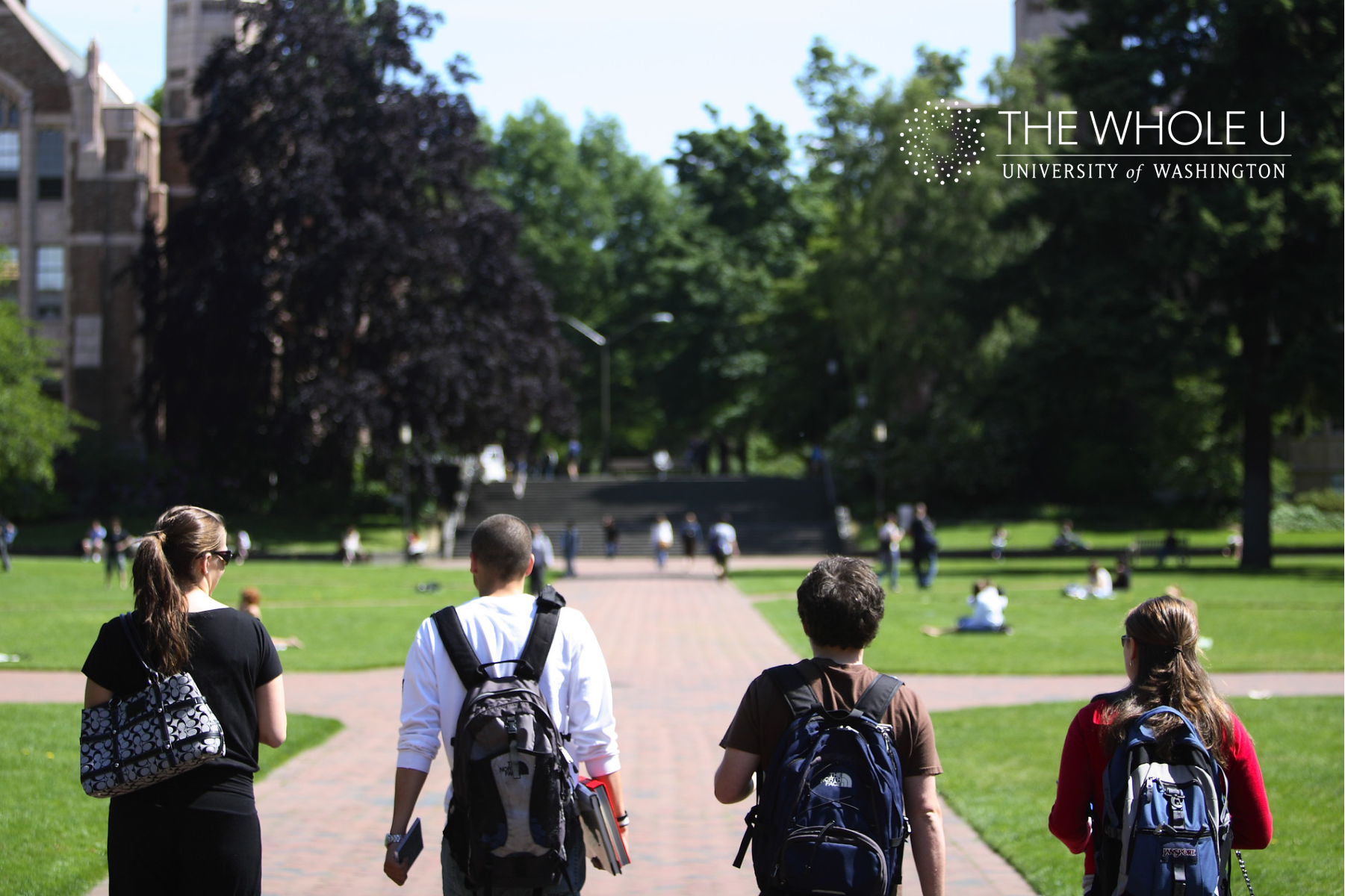
Supporting COVID-19 Transitions For College Students
For most college students, the impending flourish of new experiences and opportunities is an exciting milestone. With the onset of COVID-19 significantly changing how colleges and universities served students, many first-year students were left feeling like their college journeys began with a false-start. Classes and programs were suddenly socially distanced – or in many cases, became fully remote. With most campuses preparing to fully reopen this fall, both new and returning students will continue to face more changes and transitions.
It can be difficult knowing how to support college students at times like this. Regardless of their age, college students – like all of us – need supportive resources, conversation partners and role models. Thankfully, most colleges and universities provide robust student services and want to help students stay healthy, both physically and emotionally, and achieve their best.
Joslin Boroughs, associate director of UW Undergraduate Academic Affairs Advising, emphasizes that no one is alone going into the next phase of college during COVID-19:
“If you are having a hard time with the transition, likely many other people are as well. Be open, be flexible, be patient with yourself and others.”
Based on advice from Boroughs and other experts, we offer these suggestions that may help you support your student as they prepare for the next stage of their college journey.
1. Talk openly about fears and possibilities.
College is a time of significant change which makes it both exciting and scary – even without a pandemic. While some students are eager to be on campus, others may feel a sense of anxiety towards so many new changes. Anxiety is normal, and talking about things that worry us and inviting our children to do the same can be one step toward helping them respond better when they also feel anxious. Many campuses have special resources, including counseling programs and initiatives for helping students return to an on-campus experience; help your students feel empowered to utilize what is available to them.
There are also lots of things for students to be excited about as campuses reopen. In-person classroom discussion, in-person office hours with Professors and TAs, new internship and work opportunities, learning (or relearning) the campus layout, participating in extracurricular activities, attending athletic events and meeting new people face-to-face will once again be broadly available on many campuses.
Boroughs suggests helping your student be clear on their priorities and to set reasonable expectations for themselves:
“I would encourage students not to think about it as making up for lost time and instead have a goal to put in a concerted effort to engage with the activities on campus in a way that feels right for them.”
2. Learn about and discuss COVID-preventative measures with one another.
Ask your student to share what they want to do about social distancing and masking and help them plan for what they will do when policies, peer pressure or the presence of vulnerable friends and family members create conflicts for them. It will help for you to share with them how you are thinking about when you plan to mask, when you will choose not to and, most important, the why behind your behaviors.
This is especially important for traditionally-aged college students. Becoming an adult means reconciling independence with our responsibility to other people, something that can be hard in social, and sometimes competitive, environments.
3. Reflect together about lessons from COVID-19.
Focusing on “getting back to normal” can make it easy to overlook changes we made during COVID-19 that turned out to be positive. While many people felt isolated at times during the pandemic, many also appreciated having more free space on their calendars and now want to find a happy medium. Maybe your student discovered something about their learning style, or that they actually liked getting to bed earlier or exercising regularly.
Helping them reflect on what they’ll miss from pandemic-life will help you support them in creating a new and improved normal when classes resume. Learning now what your student envisions for themselves will help you support them in keeping goals that may be difficult to maintain when the new school year picks up its pace.
4. Encourage your student to participate in orientation and welcome activities.
Even if they participated as a first-year student, orientation programs are a great way for students to connect or reconnect with their school community. They can also help students renew their excitement about the college experience.
Many colleges and universities are designing special welcome back activities to ease the post-COVID transition for everyone, so encourage your student to be monitoring their school’s social media and searching the website to find the support they need.
Although the upheaval of a pandemic year has impacted college students in a unique way, it has also provided an opportunity for them to create a new-normal for what the student experience will look and feel like. With a combination of support and excitement from family, faculty and campus resources, students can have a successful and meaningful transition this fall.
After a pandemic year during which hope felt all but lost, this new transition could be the breath of fresh air that students need to feel excited about moving forward.